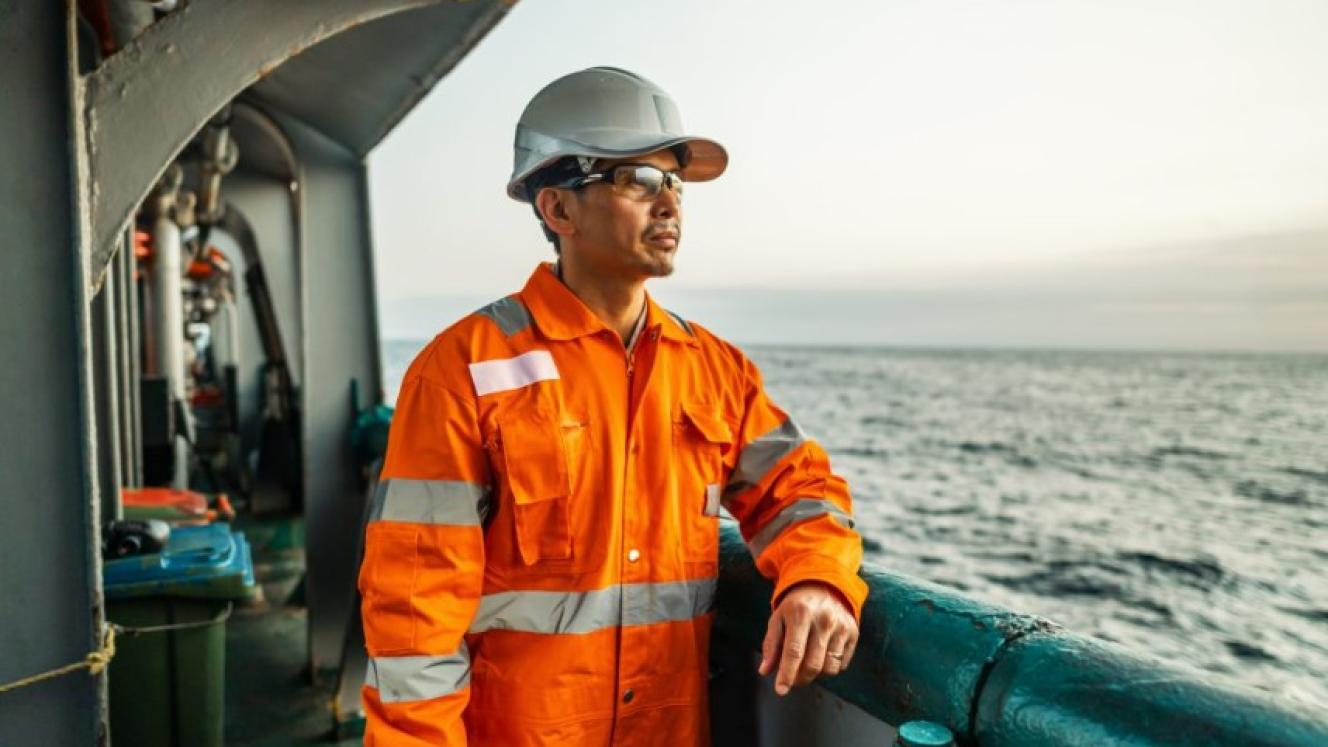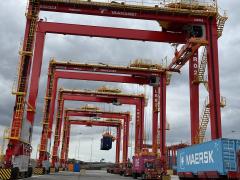A recent seafarer survey for 2025 reveals a profession under increasing pressure, with stress levels and early retirements on the rise. Yet, the findings also point to positive developments in welfare, training and crew retention. Undertaken by Danica Crewing Specialists, the annual survey, based on responses from hundreds of seafarers worldwide but mainly from Eastern European and Filipino nationalities, highlights the need for sustained investment in people to secure the industry’s future workforce, says Danica’s managing director Henrik Jensen.
While wages have largely stabilised across ranks, seniority bonuses are becoming more common and experienced second engineers saw notable pay rises due to strong demand. Among ratings, senior roles such as bosuns, fitters, pumpmen and cooks remain in high demand and continue to command solid wages. Mental well-being, however, remains a growing concern, with 44% of seafarers reporting stress during their last contract (up from 35% in 2024) and 16% saying they felt mentally depressed.
“However, more employers are supporting crew welfare through private medical insurance, now covering 24% of seafarers and their families, a 33% increase since 2019,” says Jensen. Training satisfaction has also improved, with 64% of respondents rating it as “very” or “extremely useful”. A new training category is cybersecurity. Overall retention is growing as more seafarers are choosing to stay longer with their current employers, suggesting greater loyalty and stability within the workforce. More seafarers expect an earlier retirement from sea, with 42% of seafarers now expecting to stop sailing before 55. This will contribute to the seafarer shortage, in particular amongst senior ranks, says Jensen. Late salary payments also persist, with 30% reporting delays and 9% not receiving full payment. “We’re seeing worrying signs around stress and early retirements, and that tells us the industry needs to do more to make seafaring a sustainable and attractive career.
“Progress in training, insurance and loyalty is encouraging, but real change means supporting every aspect of a seafarer’s life at sea.” He says this year’s survey shows the maritime sector must continue strengthening its focus on welfare, stability and sustainable career pathways to retain the experienced seafarers and attract the next generation of seafarers.













